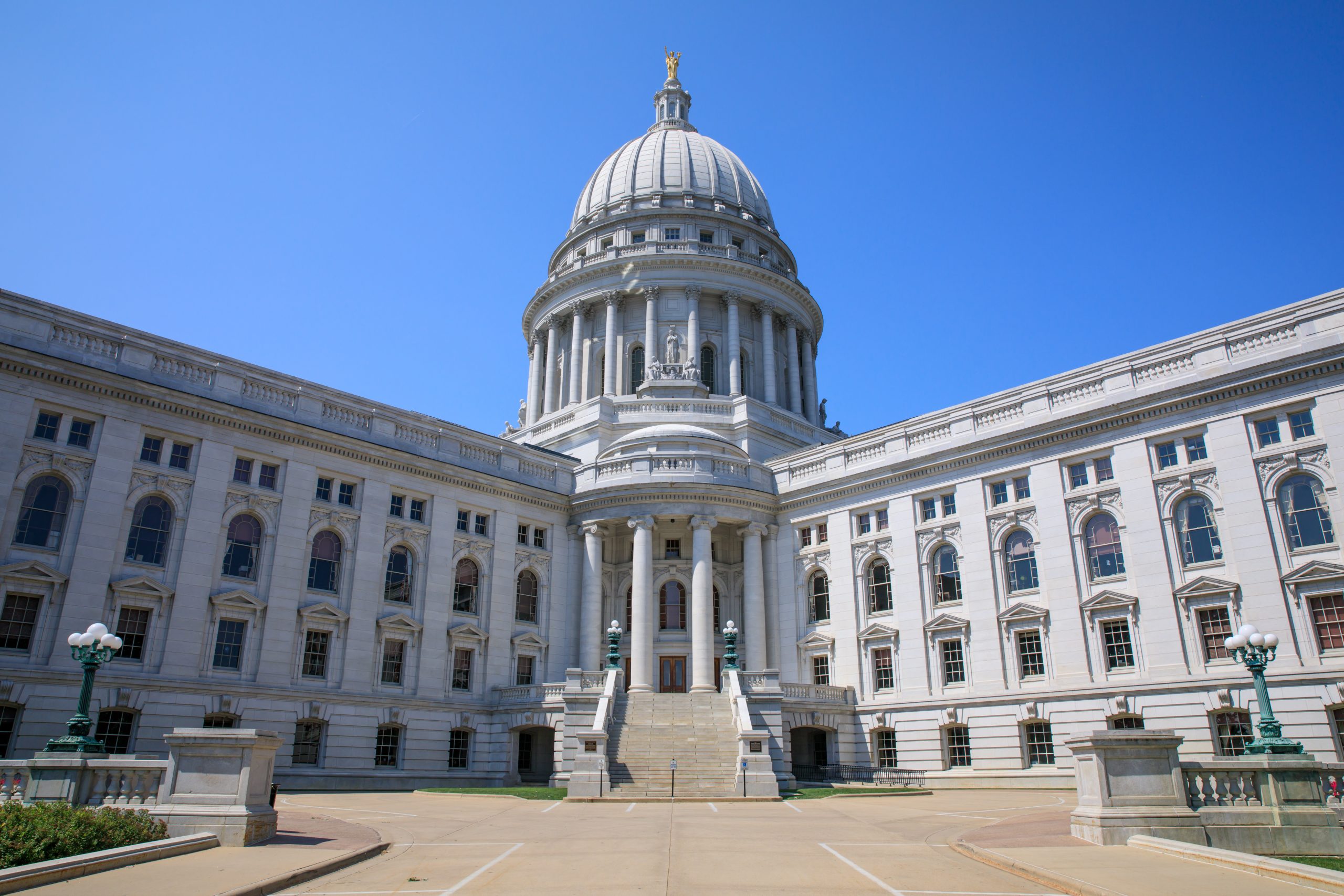Today the Wisconsin State Supreme Court found it is unconstitutional for a legislative committee to block rules created by state agencies implementing the law. The ruling has a direct impact on environmental protections across Wisconsin.
“The bottom line is that good environmental rules now face a much easier path to getting to the finish line and becoming law—which is good for the environment and public health,” says Clean Wisconsin attorney Evan Feinauer.
For years, a small number of legislators serving on the Joint Committee for Review of Administrative Rules (JCRAR) has been able to toss out any agency rule they disagreed with, preventing agencies like the Department of Natural Resources (DNR) from implementing duly enacted laws through the rulemaking process. These “legislative vetoes” by a handful of legislators often happened without explanation or transparency, allowing for behind-the-scenes interference from special interest groups.
This unconstitutional action by the Legislature stymied a long list of environmental protections, including rules governing PFAS contamination, nitrates, surface water degradation, and remediation of contaminated lands.
“Far too often in recent years JCRAR’s ability to object to any proposed rule, for almost any reason, or no stated reason at all, prevented agencies like DNR from doing their jobs. That political gridlock prevented our government from being responsive to environmental and public health challenges,” says Feinauer.
A glaring example of JCRAR’s unconstitutional actions happened in 2023 when the committee blocked a routine update of Wisconsin’s commercial building codes (which would better promote energy efficiency and conservation), even though those updates are required by state law. Today’s ruling means that if the Department of Safety and Professional Services revisits the rule, it cannot be blocked by the committee.

